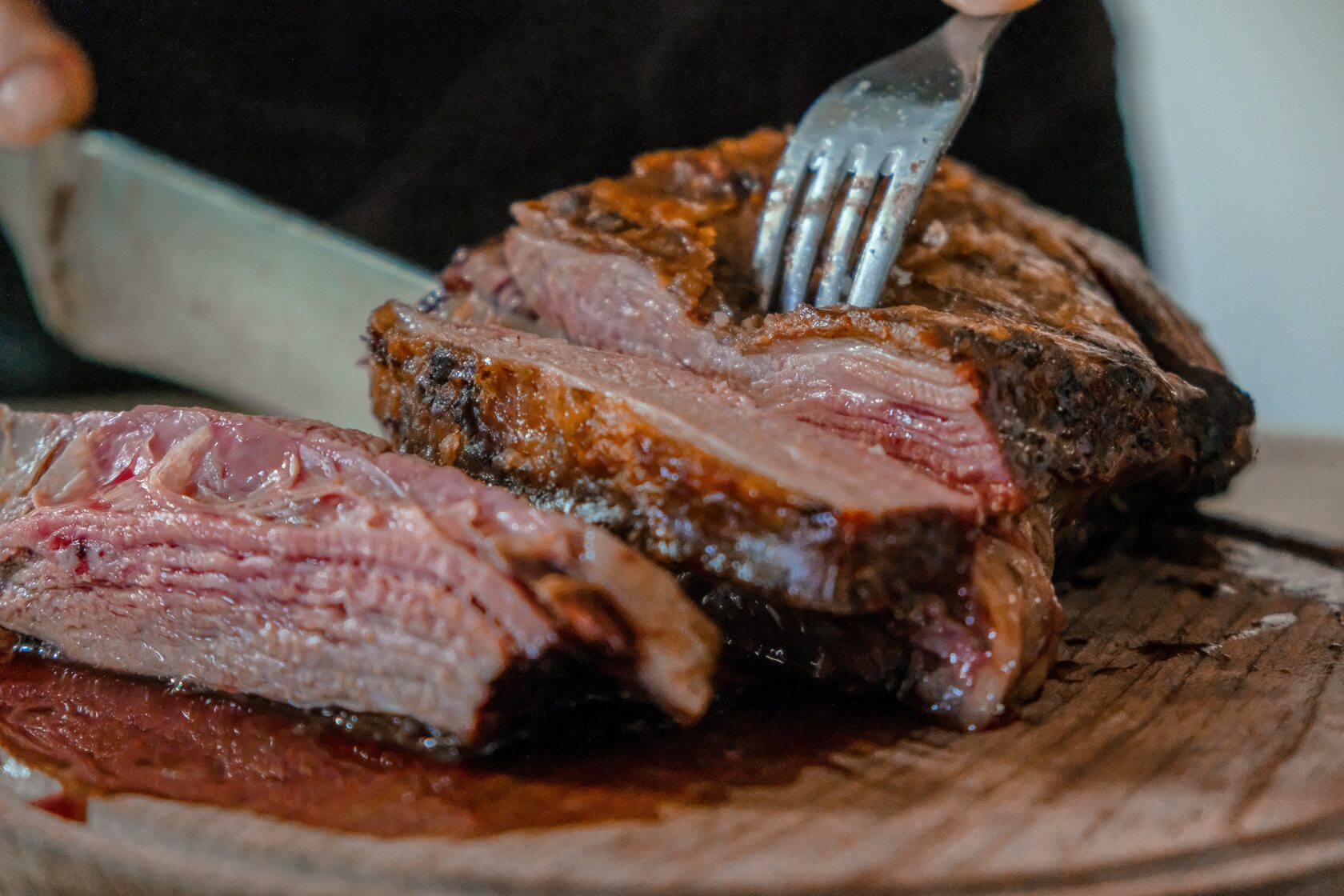Yet another exclusion diet has made its rounds across social media platforms and continues to be popular amongst fitness fanatics. But is this all-meat diet created by a doctor whose medical license has been revoked living up to the hype?
What is the Carnivore Diet?
As the name suggests, the carnivore diet, also known as the ‘zero carb diet’ excludes all foods except meat, fish, eggs, and some dairy products that are low in lactose (i.e. the sugar naturally found in milk). Simply said, it is an all-meat diet with no calorie restrictions. The only rule is to consume animal products. The carnivore diet’s biggest advocate, Shawn Baker, is a former orthopaedic doctor, who most recently, has had his medical license revoked due to concerns over his medical competency. That is a red flag in itself.
The Claims?
Weight loss
Better energy
Better body composition
Improving overall health
Reducing risk of conditions such as diabetes and depression
The Facts?
To date, there are absolutely no scientific studies or research that can back up these claims. They are purely based on testimonials. Is that enough for us to jump on the carnivore bandwagon? Absolutely not!
Carnivore vs Keto
You may ask, how is this any different from keto or a low carb diet? The oh-so popular keto diet limits but doesn’t completely exclude carbohydrates. The ketogenic diet is extremely high in fat where 65-75% of your total calories would come from fat, it is moderate in protein and very low carb – and here we’re talking around 5% of your energy coming from carbohydrates (e.g. 20 50g of CHO per day). The carnivore diet will simply provide you with energy mainly coming from both fat and protein with a complete restriction of carbs.
Are there any benefits?
The carnivore diet may cause you to lose weight as you increase your protein intake and eliminate carbs. You may feel fuller for a longer period of time due to the amount of protein consumed, however, complete elimination of carbohydrates is not necessary to lose weight and definitely not advised if you're a recreational or professional athlete. This diet also eliminates foods high in sugar, which shouldn't be consumed in excess anyway regardless of what diet you follow.
What are the downsides? Where shall we start...The carnivore diet:
- Is high in saturated fat and cholesterol. High amounts of saturated fats in the diet are known to increase our risk of heart disease.
- Can harm your gut health. This is because it lacks an essential nutrient called fibre, the indigestible part of plants which passes through your digestive system relatively unchanged. Fibre keeps your bowel movements regular and feeds your gut bugs that serve as guardians of your inner galaxy, in turn, influencing your overall health.
- Is not nutritionally complete. This diet lacks a number of nutrients (vitamins and minerals included) given the restrictions placed on plant foods (fruits, vegetables, nuts, seeds and grains) putting you at risk of multiple deficiencies compromising your body's ability to function and perform at an optimal level. You may be at risk of being deficient in important nutrients such as vitamin C, folate and vitamin E.
- Does not improve athletic performance. We have no evidence whatsoever that such a diet would be considered for or be of benefit to athletes given how restrictive it is, especially that it lacks your essential fuel, carbohydrates.
- Is not the most practical diet. Have you thought about cost? Unless you want to live on discounted meat cuts of questionable quality, you may need to reassess your spendings. Being on this diet may also restrict you from enjoying the ease of having well-balanced meals and snacks. What about its impact on your mental health? Being on such a restrictive diet can increase your risk of disordered eating and may impact your social life, your traditions and take you away from acknowledging your own food preferences. An all-meat diet also goes against current principles of sustainability and looking after our overall health.
So what now?
If you're an athlete or simply are looking after your performance and fitness, we need to ensure that your bodies are fuelled well - this means adequate carbohydrates, enough calories, vitamins and minerals in order to perform at your best. Your calorie and carb needs are highly individualised so embarking on a diet that comes across as a "one-size-fits-all" approach can put your performance at risk. The carnivore diet will:
Increase your risk of deficiencies
Disturb your bowel movements (not something an athlete wants!)
Increase your risk of performing poorly
Before following any dietary trend, always consult a dietitian or clinical nutritionist as they will be able to develop an individualised approach best suited to your needs. If you are concerned about your weight or performance, join our EATRAIN program today!

